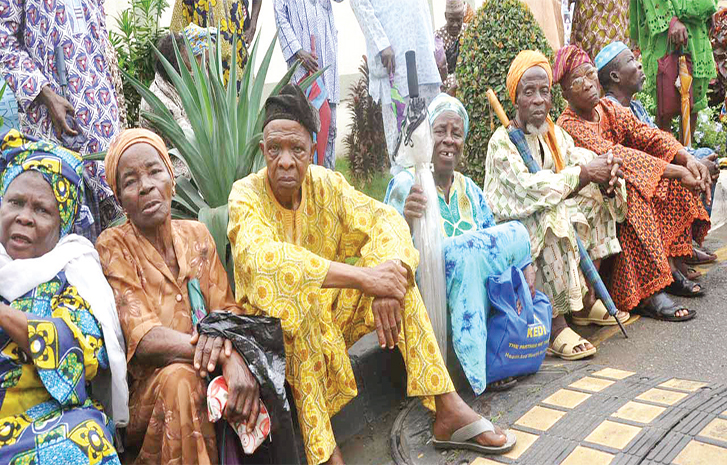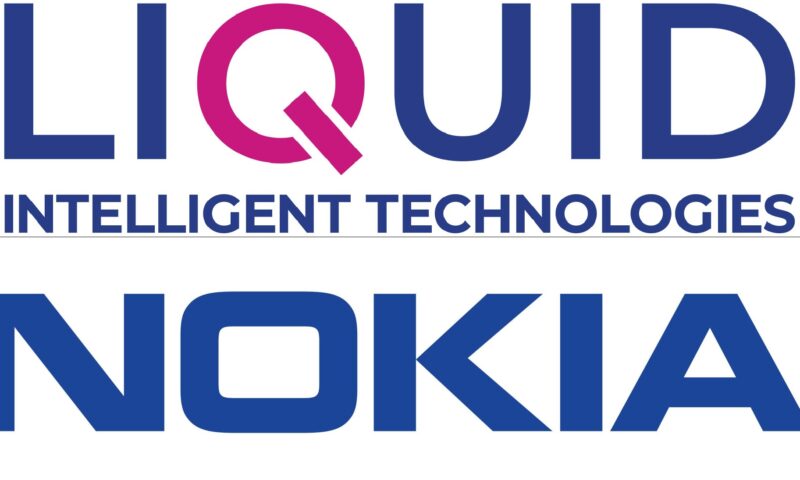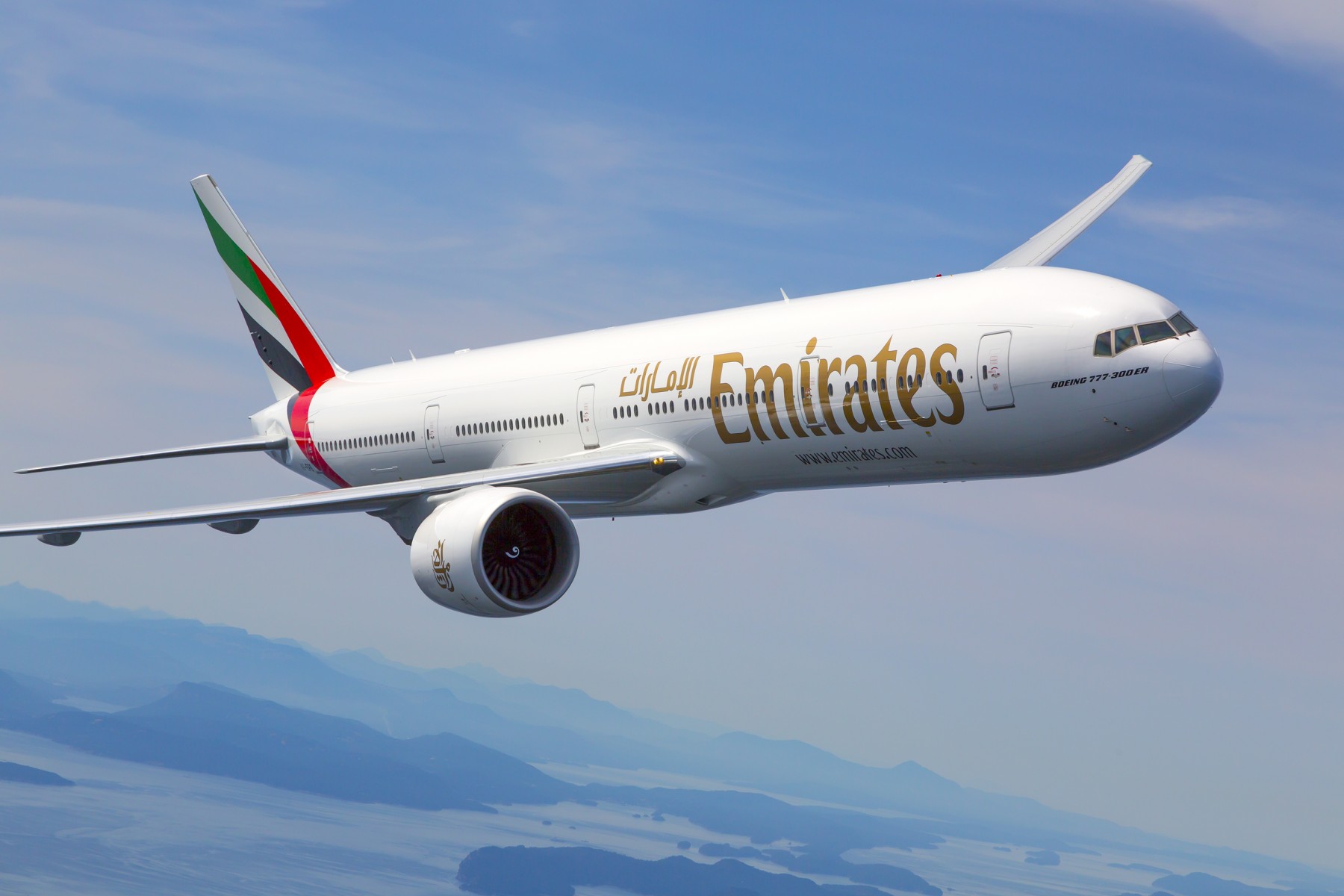All Posts in "South Africa"
Liquid Intelligent Technologies, pacts with Nokia to connect Kenya, South Africa
By Favour Nnabugwu
Liquid Intelligent Technologies a business of Cassava Technologies, a pan-African technology group, today announced that it has partnered with Nokia.
Through this partnership, Liquid deployed Nokia’s innovative transport network technology in the new terrestrial fibre route connecting Mombasa (Kenya) to Johannesburg (South Africa).
This announcement comes in light of the imminent launch of the new terrestrial data superhighway built by Liquid, connecting Kenya and South Africa. The technology used has allowed Liquid to build its first terrestrial route that will provide 12 terabits of capacity for carriers and service providers in South Africa, Kenya, Uganda, Rwanda, Zambia, Zimbabwe, and the DRC.
The route, which measures 16,576 km, has been designed to cater to the demand for more capacity from Liquid’s hyperscale customers.
The, Group President and CEO of Cassava Technologies, Hardy Pemhiwa, says “As a business of Cassava Technologies, Liquid is committed to enabling a digitally connected future for every business and individual in Africa. We are proud to partner with Nokia as we expand our high speed fibre backbone on the continent. This investment further demonstrates our commitment towards Africa’s inclusive digital transformation”.
In addition, the route will provide thousands of businesses and millions of households in many of Africa’s landlocked cities, towns and villages with more resilient connectivity and access to numerous data centres and cloud resources. At the same time, providing an alternative option in case of a subsea cable outage between the two countries.
Rajiv Aggarwal, Head of Central East and West Africa (CEWA) Market Unit at Nokia, said, “Nokia’s next-generation optical network will enable Liquid Intelligent Technologies to maintain its leadership position and emerge as a preferred partner of organizations requiring massive capacity. We are delighted that our technology and expertise will help Liquid Intelligent Technologies provide the best-in-class digital infrastructure to Africa’s enterprises and will play a role in strengthening the digital infrastructure of the continent”.
Shahzad Manzoor Khan, Group Chief Technology Officer, Liquid Intelligent Technologies, adds,
“Internet giants, established cloud service providers and other mega-organisations are demanding hyperscale data centres that can support high levels of performance, spikes in demand, and redundancy while enabling massive availability. Our new terrestrial fibre corridor is the first of its kind in Africa in terms of distance and capacity”.
The new route is a validation for existing and potential customers that Liquid continues to deliver intelligent networks that provide increased redundancy and resilience
Google to train 5000 SMEs in Nigeria, South Africa, Kenya
By Favour Nnabugwu
No fewer than 5000 Small and Medium Enterprises, SMEs, in Nigeria, South Africa and Kenya will receive free training from Google to help their businesses thrive through it’s newly launched programme, Hustle Academy.
Google Hustle Academy is a bootcamp-style training program designed to help entrepreneurs and small businesses owners position their businesses for investment opportunities and building viable business models for the future.
Disclosing this today, Google Head of Brand and Reputation, Sub-Saharan Africa Mojolaoluwa Aderemi-Makinde, said: “SMEs are the engine that drives growth for any economy. In Africa, SMEs account for around 80 percent of jobs and are a significant source of economic growth.
“In order to grow the economy and increase employment, it is crucial that small businesses have access to the right tools, training and funding to scale up.
“The Hustle Academy’s mission is to assist entrepreneurs navigate the business challenges they face by providing them with the appropriate tools and knowledge.
“Our hope is that through the Hustle Academy training this year, we will be able to assist 5,000 SMEs and entrepreneurs across Africa take their business to the next level and find ways to scale our efforts to help even more businesses going forward,” added Aderemi-Makinde.
According to Google, the participants wil get one-on-one mentorship, access to industry leaders and keynote events.
It said: “Business owners will undergo five days of hands-on training and receive 3000 hours of training on fundamental aspects of business to help them navigate the challenges faced by SMEs in Africa.
“The training curriculum includes strategic growth sessions including business growth strategy, building digital marketing roadmaps, discovering and evaluating funding routes and how to pitch for success among other topics.
“The program is open to businesses that have been in operation for more than a year, have developed a business strategy and defined their product or service offering, and are aiming to grow.
“They must also have made a profit in the previous 12 months or be within 1-3 months of breaking even,” Google emphasized, while advising interested and qualified businesses to apply.
Commenting on the development, Executive Secretary, Lagos State Employment Trust Fund, Teju Abisoye, said: “The Google Hustle Academy Program is a laudable initiative that will help improve business prospects and also create the impact we desire at the Lagos State Employment Trust Fund.
“I recommend this program to business owners and SMEs, to improve results and growth in Lagos business ecosystem.”
Emirates suspends flights from Nigeria, South Africa, India until July 31
By Favour Nnabugwu
Emirates said flights to and from South Africa, Nigeria and India will remain suspended until July 31, 2021, in line with government directives that restrict the entry of travellers originating from South Africa, Nigeria and India into the UAE.
Only one daily passenger flight to Johannesburg will operate as EK763; however, outbound passenger services on EK764 remain suspended, said the airline
Customers who have been to or connected through South Africa or Nigeria in the last 14 days will not be permitted on any Emirates flights bound for Dubai.
However, the Airline also confirmed on Friday that inbound flights from India would remain suspended until July 31.
This is the latest extension of a travel ban on flights from India as COVID-19 cases surge around the globe due to the highly transmissible ‘Delta’ variant virus.
Etihad responded to a customer query on Friday: “Following the latest UAE Government directives, passenger travel from India to UAE and Etihad’s network has been suspended effectively until 31 July 2021”
UAE Nationals, holders of UAE Golden Visas and members of diplomatic missions who comply with updated COVID-19 protocols, are exempt and may be accepted for travel.
Flights from India to UAE to remain suspended until July 31: Etihad
Flights from India to UAE to remain suspended until July 31: Etihad
Emirates said Nigeria and South Africa flights will be suspended until July 31




